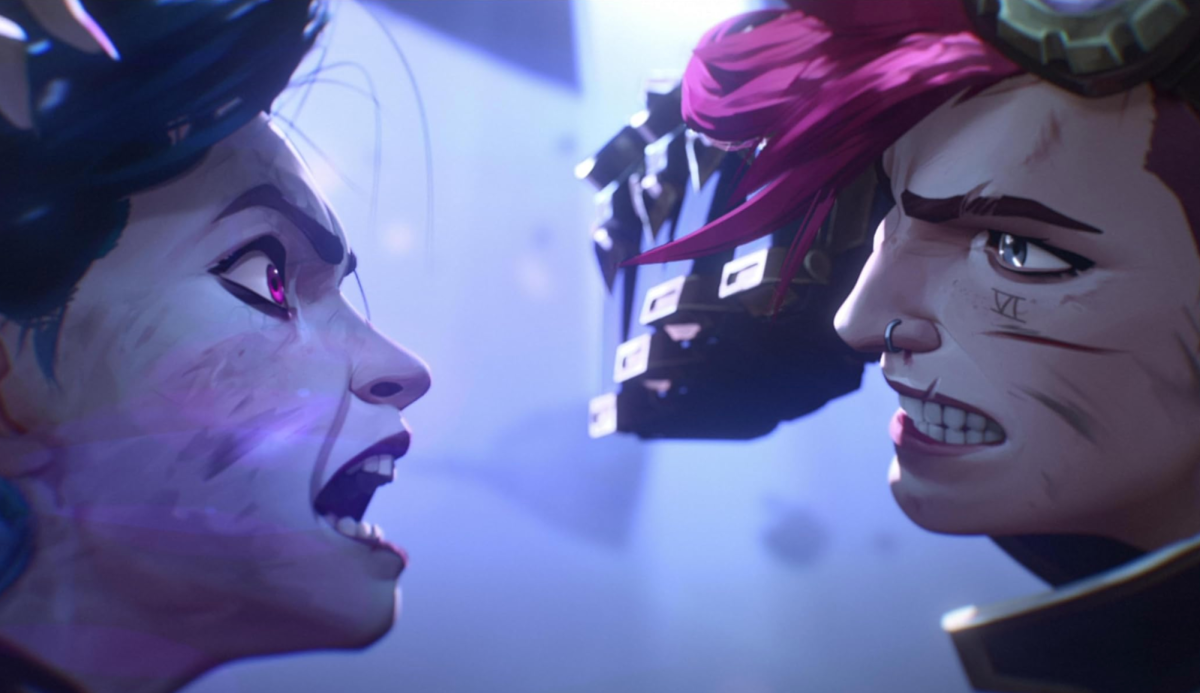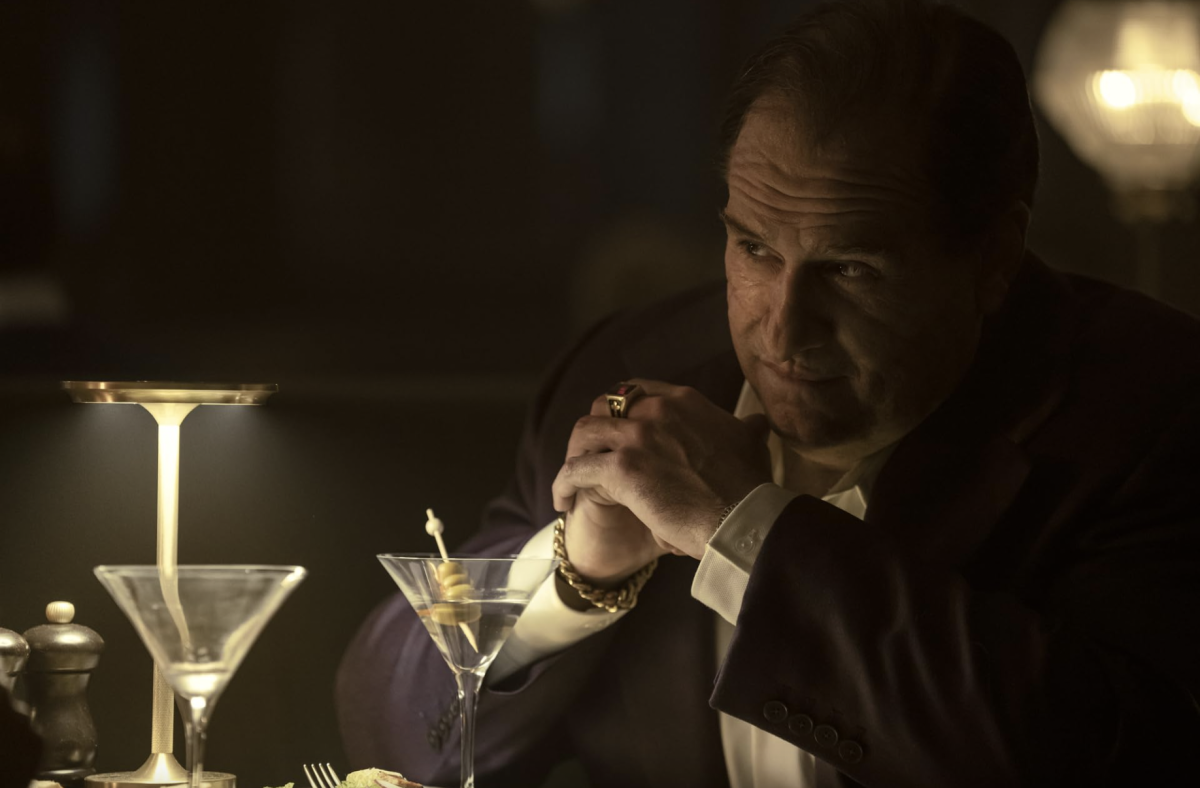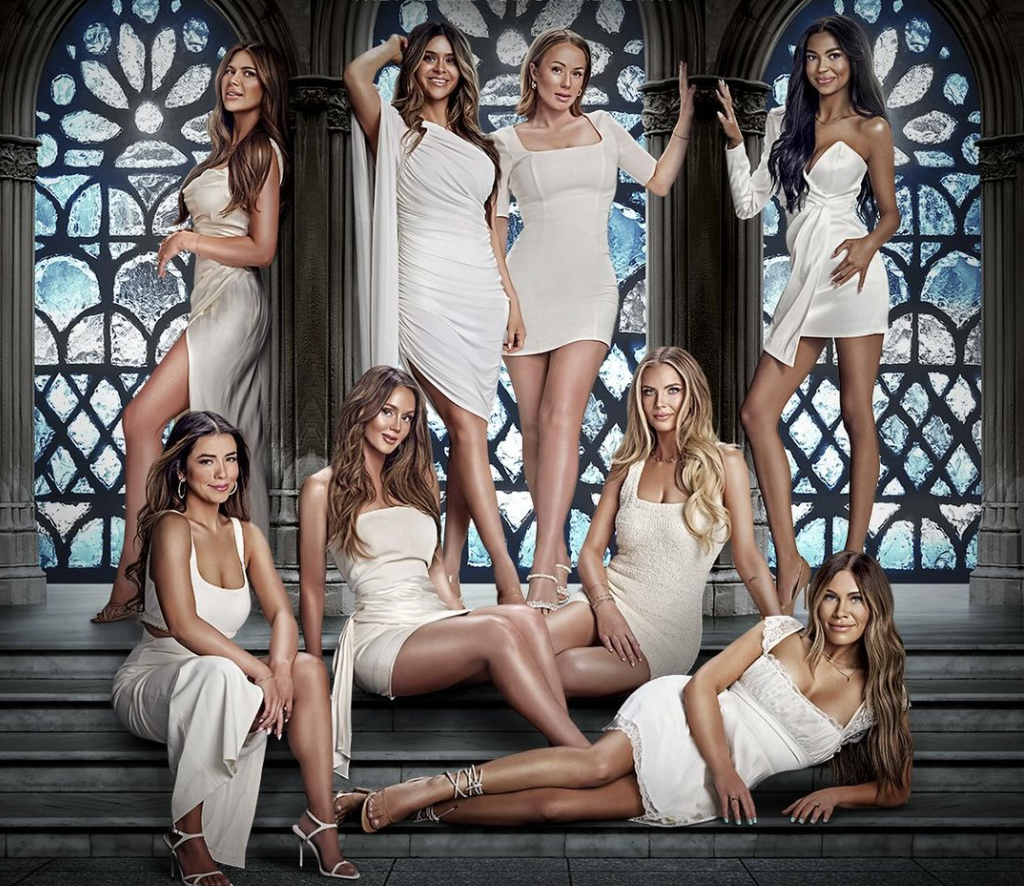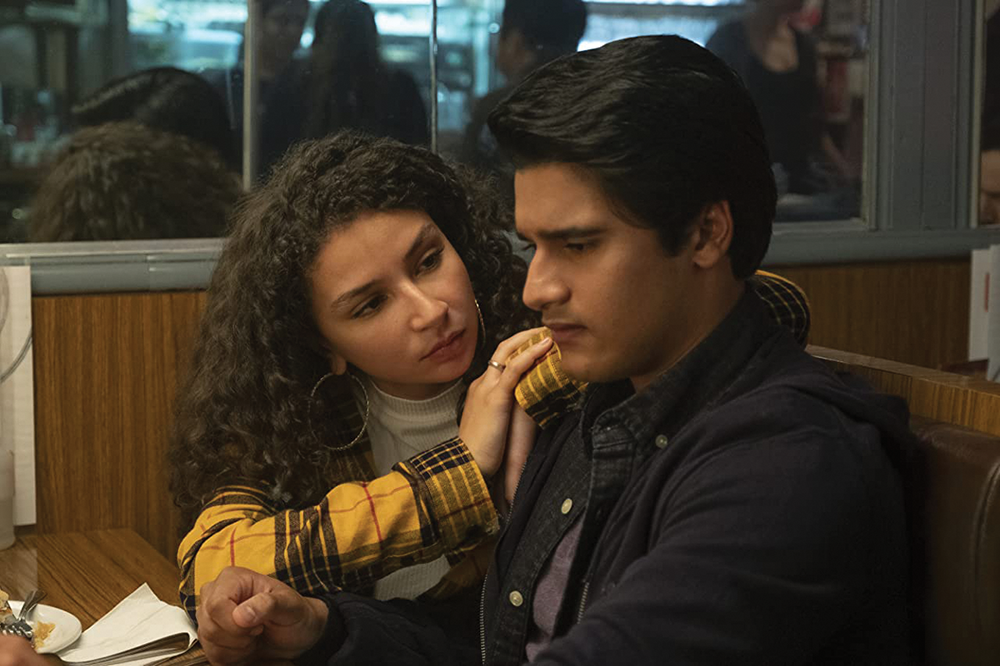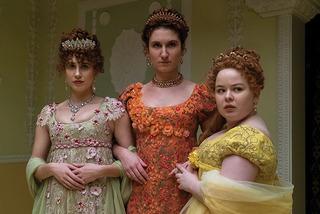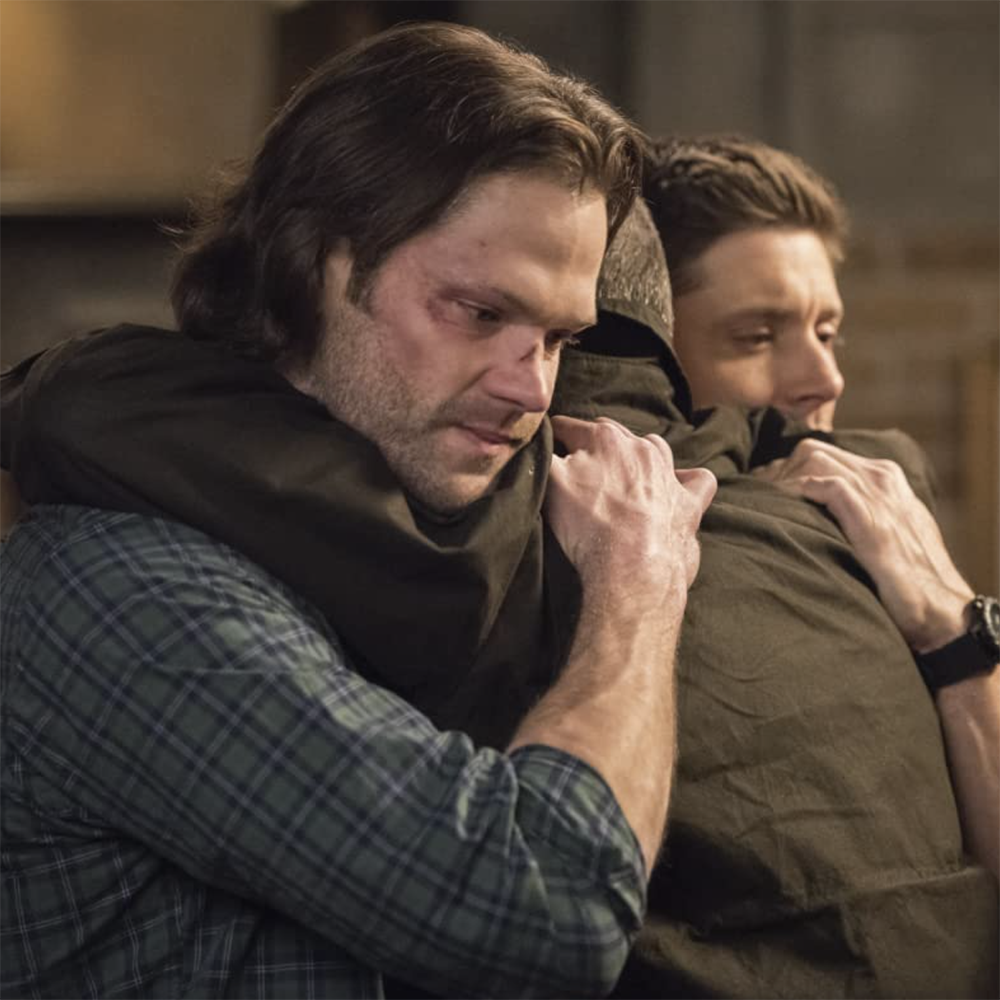
*Major spoilers ahead*
There is no denying that “Arcane” is an unparalleled visual feast. In its answer to the high expectations that were set from its first season, “Arcane” is able to craft a cohesive, satisfying ending to its quite larger-than-life story.
Divided into three acts, the second season of “Arcane” begins directly in the aftermath of Jinx’s (Ella Purnell) bomb attack against the council of Piltover. While Jinx has escaped and has hidden herself away to grieve the death of her adopted father Silco, Jinx’s attack itself has heightened tensions between the cities Piltover and Zaun, the oppressed Undercity, that threaten to topple over into a mass-scale war. As tensions continue to rise, Vi (Hailee Steinfeld), Jinx’s older sister, becomes caught between these two worlds as her loyalty to her homeplace, Zaun, becomes entangled with her budding life in Piltover, as she begins to realize that maybe her sister can’t be saved.
Visually, “Arcane” fills the screen with even more vibrance and artistic creativity compared to its first season. The animation wields an understanding of color and texture that it uses to effectively convey a wide range of emotions as well as create incredible works of art. An example of the show’s artistic ability is in one of the final scenes in the last episode, which takes place in an extraterrestrial plane where Viktor (Harry Lloyd), the season’s final antagonistic force, and Jayce (Kevin Alejandro) reunite. The setting itself is singularly unique through the use of the surreal nature of an infinite black space that is still yet filled with elegance through the sharp lines of gold that cut through its backdrop. The grand moment of this set comes to a full head when Jayce and Viktor sacrifice themselves, with the setting erupting in a breathtakingly vibrant flow of color with textures that borderline the smoothness of animation and the rough marks of a sketch.
Narratively, however, “Arcane” stumbles in its lack of clear development given to some of its subplots across the season. This issue seems to result from the restrictive nine episodes given to the season that are not entirely enough to paint the massive vision of an ending that the writers have created. Yet, this does not mean that “Arcane” fails to tell a compelling narrative. Its writing and animation are skillfully combined to create a heart-wrenching story with a unique cast of characters whose background and motivations are all fully realized. This is further elevated by incredible performances by the voice actors whose ability to convey a massive range of emotions from simply their voice really shapes these characters into who they are.
The best representative of the strengths and weaknesses of the second season is its seventh episode, “Pretend Like It’s the First Time.” One of the focuses of the episode is Ekko (Reed Lorenzo Shannon) who is sent to an alternate universe by the Hexcore. With its focus particularly on Ekko, a character who had nearly lost everything in his life, his choice to ultimately leave such a heaven and his budding relationship with Powder (Mia Sinclair Jenness), the form of Jinx who had never become broken and maddened, builds upon the character’s true selflessness while leaving audiences with this crushing realization of what could have been.
However, the episode’s 40-minute runtime is not enough to explore this idea. Interaction between Ekko and this universe feels limited, and short conversations and montages are not enough to build this romantic connection between Ekko and Powder. Exploration of Ekko’s experience is further limited through a combined focus on Jayce’s time in a dystopian hellscape. The universe Jayce explores also has its own quite intriguing beauty and story, but, again, with the restrictions of a joint focus and a short runtime, the viewers are left to only small glimpses of what could never happen. Both stories are fascinating and are paired with spellbinding art, but the more brilliant the story, the more disappointing it is when there simply is not enough time given to push the idea to its complete potential.
Even with these limitations, “Arcane” builds a completely gripping narrative of heartbreak, loss, pain and the endurance of hope. The pure magic of “Arcane” is that no matter how far they’re pushing the boundaries of its narrative, it never feels in over its head. Instead, it unlocks a persistent potential that demonstrates just how pure love and passion for a story and its universe can create a timeless piece of art.


